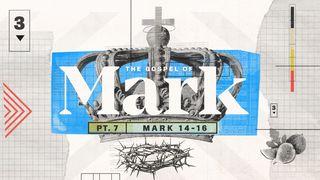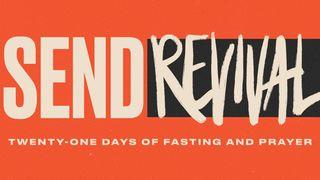Justice ParablesSample

The Unforgiving Servant
Rev. Dr. Ethel L. Moore
Bethlehem A.M.E. Church, Langhorne, Pennsylvania
Compelled to Forgive
In the parable before us is the story of an ungrateful, uncaring, and unforgiving servant who expressed no mercy or fairness toward a fellow servant who owed him a small debt, about a day’s pay. The unforgiving servant—who himself had been forgiven a huge debt, millions of dollars by present-day standards—treated his fellow servant poorly. He had the man thrown into prison. He should have shown his fellow the same consideration that he had received from the king.
Several years ago, I met a woman who called me about becoming a volunteer in my women’s program. After the initial introductions, she began talking about her husband, who divorced her to be with another woman. She spoke for about twelve minutes. I was taken aback, but I let her go on, thinking she needed to get it out. I finally asked her, “When did this happen?” I was floored when she said, “About twenty-five years ago.” The woman’s grief and unforgiveness had victimized her and stolen her opportunity for a good healthy life. She could have chosen to forgive her husband and move on with her life.
The parable explores the themes of unforgiveness, love, and justice. It illustrates for us that we don’t always exercise mercy and compassion for those who need it. It compels us to consider whether what we have in mind for the other party is what we would like to have happen to us. Compel means to force to yield, to press or pressure. So, we must force ourselves to forgive when hurt, overlooked or offended by others. We must make a conscious decision to drop the charges, as in a court of law.
The servants in the parable represent humanity and the ways in which we tend to relate to or treat each other, and even God. The parable reminds us that we are often unkind, lacking in compassion and willingness to empathize and treat others fairly. But considering that God, through the sacrifice of his Son Jesus Christ, has forgiven us of the debt of sin we owed, we are compelled to forgive, to love, and to treat others justly and with dignity.
Mayo Clinic researchers tell us that forgiving others can lead to healthier relationships, improved mental health, and less anxiety and stress, among other things. Unforgiveness has the opposite effect. It is a conscious, deliberate decision to harbor feelings of resentment or desire acts of vengeance toward those who offend us, and it is likely to leave a trail of destruction. If we need to forgive anyone, the Lenten season would be the ideal time to set things right.
Another theme in this passage is love. We can be hypocritical when it comes to loving others. When we say we love someone, we sometimes mean, I will love you if you cater to my will or if you do this, that, or the other. But God’s love is genuine and is expressed through the offering of his Son. It matters not whether we are right or wrong, rich or poor, male or female. It matters not our race or social status, God’s love is unconditional. God’s greatest, most endearing characteristic is that of love.
Finally, we also consider the theme of justice, which can be defined in relational terms. It refers to people living in right relationship with God, one another, and the natural creation. It also speaks to the quality of being just, or righteous. It’s obvious that the unforgiving servant had a poor relationship with his fellow servant. We may feel justified treating others poorly because somewhere in life we were hurt or treated unfairly. But we are reminded that justice is rooted in the character and nature of God, whose love is unfailing.
Since love and justice or righteousness complement each other, our thoughts should be “how can I help someone else” in return for the kindness that has been shown me. Scripture notes that we deceive ourselves if we think we can love God whom we have never seen and hate those around us, whom we see (1 John 4:20). If we love God, we must love our fellow man.
The righteous cannot overlook those in need who are being treated unfairly, like the homeless. We cannot ignore the deplorable condition of many inner-city schools where our children spend much of their time. Many schools and low-income homes are infested with mold and have broken heaters that leave children to face the harsh chill of winter.
This parable compels us to show compassion and be willing to move past our differences to act in righteousness, to plead the cause of the disadvantaged within society. We should treat others the way we want to be treated.
Scripture
About this Plan

Being part of the Kingdom of God should shape our personal character—and our public roles. But how? “Jesus’s Parables on Justice” features the reflections of 30 Philadelphia pastors on 11 parables that illuminate the Kingdom. The pastors help us ask good questions about these surprising stories to guide us in putting Jesus’s words into practice. Read Jesus’s words. Consider the questions. See what God says to you.
More
We would like to thank American Bible Society for providing this plan. For more information, please visit: http://americanbible.org/









